Publications
Articles, publications, books, tools and multimedia features from the U.S. Institute of Peace provide the latest news, analysis, research findings, practitioner guides and reports, all related to the conflict zones and issues that are at the center of the Institute’s work to prevent and reduce violent conflict.
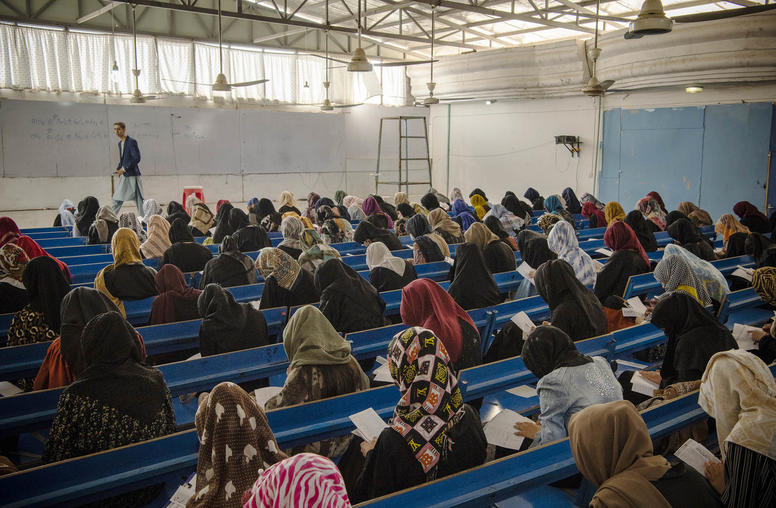
Taking a Terrible Toll: The Taliban’s Education Ban
Last month, a year after the Taliban banned Afghan girls from receiving secondary education, another school year began in Afghanistan — the only country in the world where girls are prohibited from going to school beyond the primary level. Since the Taliban’s August 2021 takeover, the group has sought to marginalize women and girls and erase them from virtually every aspect of public life. After a March 2022 ban on high school education, the Taliban also barred women from attending university at the end of last year. In a series of interviews with USIP, Afghan mothers, female students, schoolteachers, and university lecturers spoke of the terrible toll the Taliban’s actions have taken on their mental health.
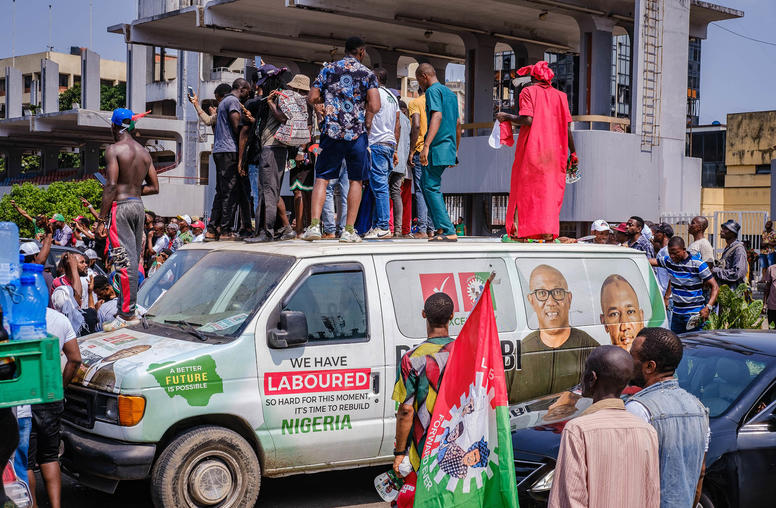
After Nigeria’s Elections: Nurturing the Seeds of Better Democracy
Nigeria’s latest elections heighten the country’s need for a reset of its democracy. Nigeria’s two dominant parties abandoned an informal pact that has rotated power between north and south, papering over the deeper, wider problem of ensuring real political inclusion among Nigeria’s disparate regions and communities. The recent national and state-level votes failed to deliver anguished Nigerians the promise of wider voter participation and transparent election results. Still, the campaigns and voting contained seeds for critical change that now must be cultivated by Nigeria’s newly elected government; its courageous, pro-democracy civil society; its vast, energized youth population; and its partners.

Brazil’s Economic Ties with China Flourish Despite Political Shifts
Much has been said about how Luiz Inácio Lula da Silva’s third presidency will move Brazil closer to China. Brazil is China’s most important trading partner in South America, and a new agreement to conduct bilateral commerce in their respective currencies rather than the U.S. dollar is expected to further boost bilateral trade. Strengthening China-Brazil relations, especially in the areas of trade and investment, will be at the top of the agenda when Lula meets Chinese President Xi Jinping in Beijing on April 14.
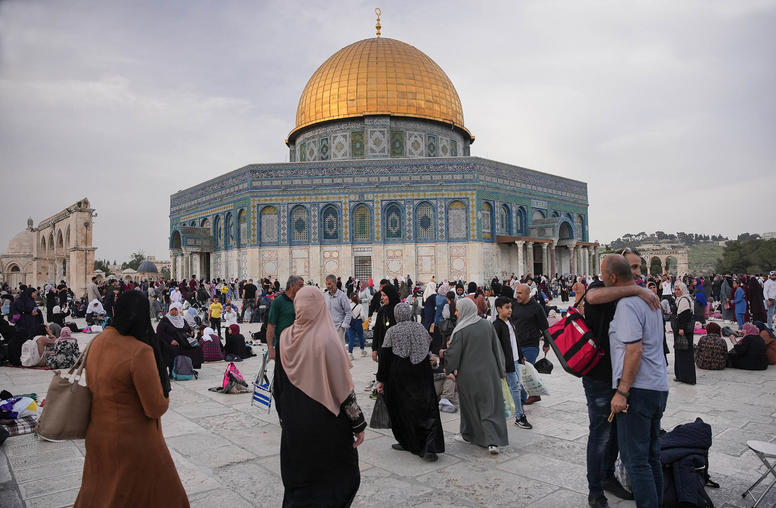
Regional Actors Seek to Douse Flames Fueled by Jerusalem Tensions
The saying that history doesn’t repeat, but rhymes is no truer than in Jerusalem. Two years have yet to pass since the large-scale escalation that took root in the city morphed into deadly violence between Arab and Jewish citizens of Israel and an Israel-Hamas military escalation that claimed the lives of over 200 Palestinians and 12 Israelis. Now, once again, events in and around Al-Aqsa Mosque during Ramadan have become proximate cause for a cascading series of violent events that have victimized Palestinians and Israelis, and opened another chapter of contested narratives and mutual recriminations.
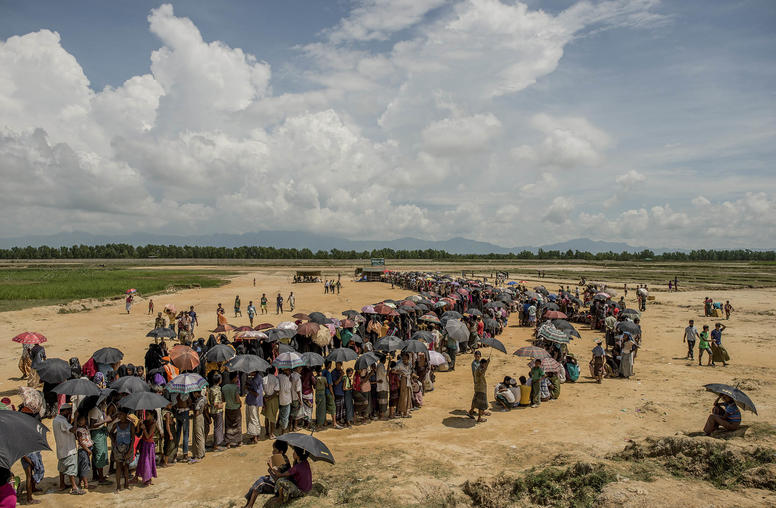
Conflict Dynamics between Bangladeshi Host Communities and Rohingya Refugees
In August 2017, several hundred thousand Rohingya fled violence and persecution in Myanmar, seeking refuge in Cox’s Bazar in neighboring Bangladesh. In the years since, the Bangladeshi government has provided a safe haven for the refugees. Yet there are signs of increasing discontent in the Bangladeshi host community over insecurity, economic costs, and other negative effects of the refugee camps. As this report explains, addressing this potentially combustible situation will be vital to ensuring a sustainable humanitarian effort in Cox’s Bazar.
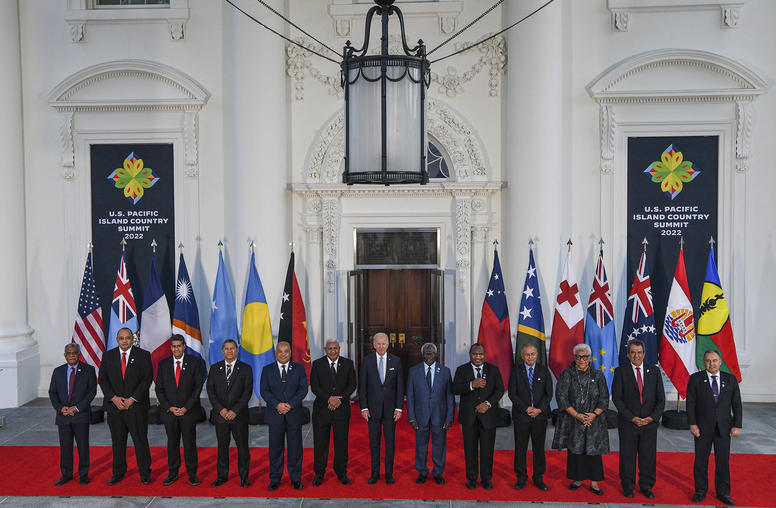
Six Months in, Where Does the U.S.’ Pacific Islands Strategy Stand?
In September 2022, the United States announced the Pacific Partnership Strategy, its first-ever roadmap for the region, amid increasing geopolitical competition between China and the United States and its partners. However, the strategy only makes one reference to Beijing — most of the text details how Washington will tackle the challenges that have been identified as priorities by the Pacific Island countries themselves, especially the climate crisis. This reflects the U.S. government’s understanding that, while some regional leaders have expressed their own concerns about China, Pacific Island countries want Washington to engage with them for their own sake, not just to counter Beijing.
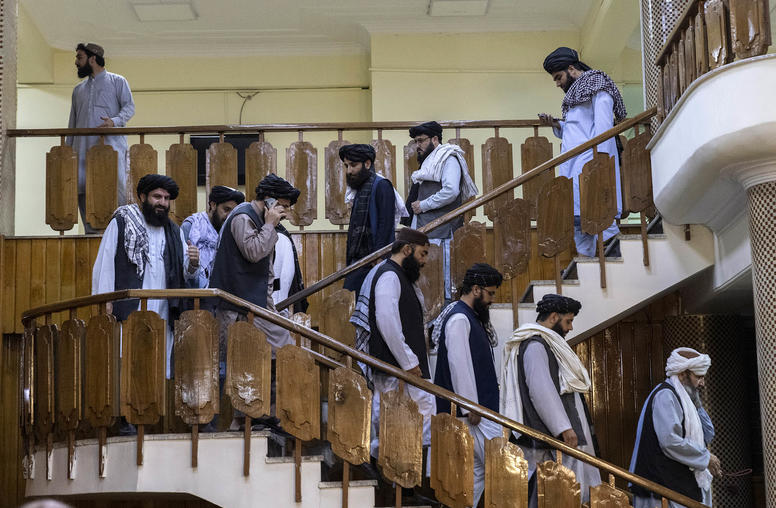
What’s Next for the Taliban’s Leadership Amid Rising Dissent?
Since their takeover of Afghanistan in August 2021, the Taliban have moved to restrict social freedoms, with a persistent focus on the rights of women and girls. Two edicts issued in December 2022, indefinitely banning Afghan women from attending universities and prohibiting working in NGO offices, constitute the most extreme restrictions yet — orders that were expanded this week to apply to women working for the U.N. as well.

Ambassador William Taylor on Ukraine’s Spring Offensive
While reporting and leaked files indicate that a Ukrainian offensive to expel Russian troops is in the works, USIP’s Ambassador William Taylor says Ukraine still has the element of surprise: “Everyone knows that there’s this counteroffensive coming … what they don’t know is where.”
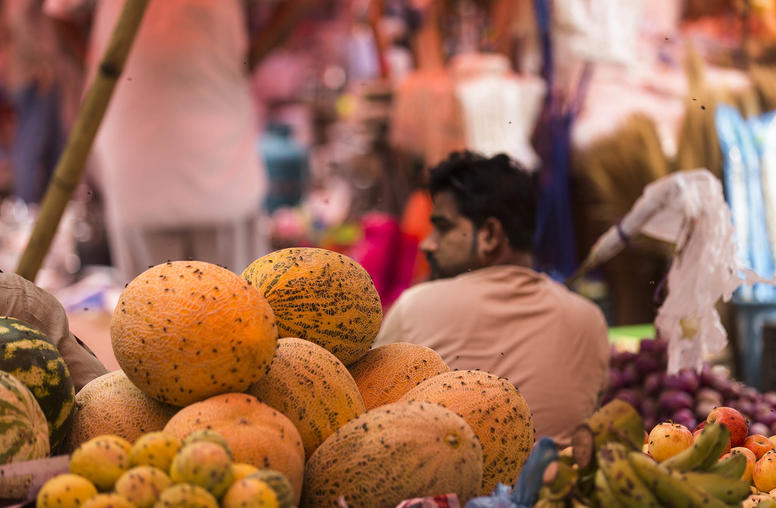
Pakistan’s Existential Economic Crisis
Pakistan’s stability increasingly depends on the outcome of an ever-worsening economic crisis. Amid skyrocketing inflation, political conflict between Prime Minister Shehbaz Sharif’s government and former Prime Minister Imran Khan, and surging terrorism, the country is facing the risk of a default due to its massive external debt obligations. This burden has been exacerbated by the derailment of the $6.5 billion International Monetary Fund (IMF) program Pakistan entered in 2019, as the international lender is unsatisfied with Pakistan’s commitment to reform and ability to arrange for funds to meet external financing requirements. Troublingly, Pakistan’s official foreign exchange reserves are hovering around $4 billion, which is insufficient to finance even a one-month of the country’s import bill.
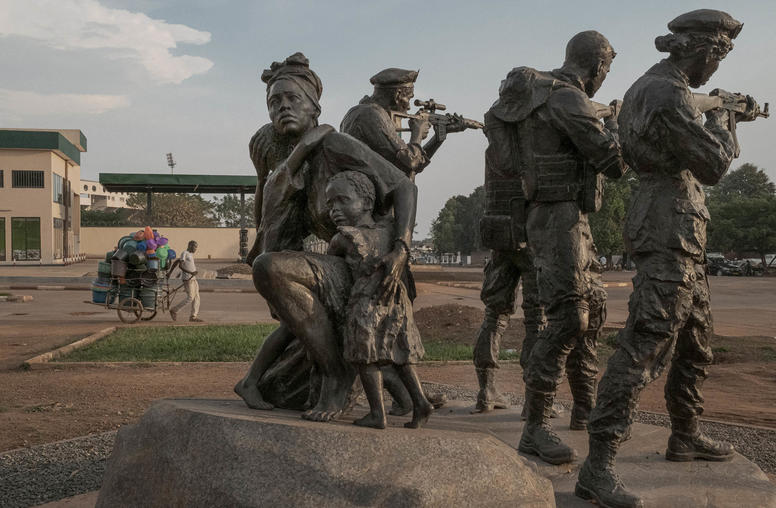
In Africa, Here’s How to Respond to Russia’s Brutal Wagner Group
The United States is rightly concerned at the growing role in Africa of Russia’s Wagner Group, which operates as an auxiliary of President Vladimir Putin’s authoritarian regime. Where African governments have asked Wagner for security assistance, the group deploys military, economic and political interventions that deepen violence, corruption and authoritarian governance. Wagner’s role disrupts Africans’ efforts to move their countries from violent conflict to stability. Yet many Western responses are ineffective, even playing into Kremlin messaging to Africa and the Global South. An effective alternative requires that we listen to Africans’ voices and respond based on our shared values.